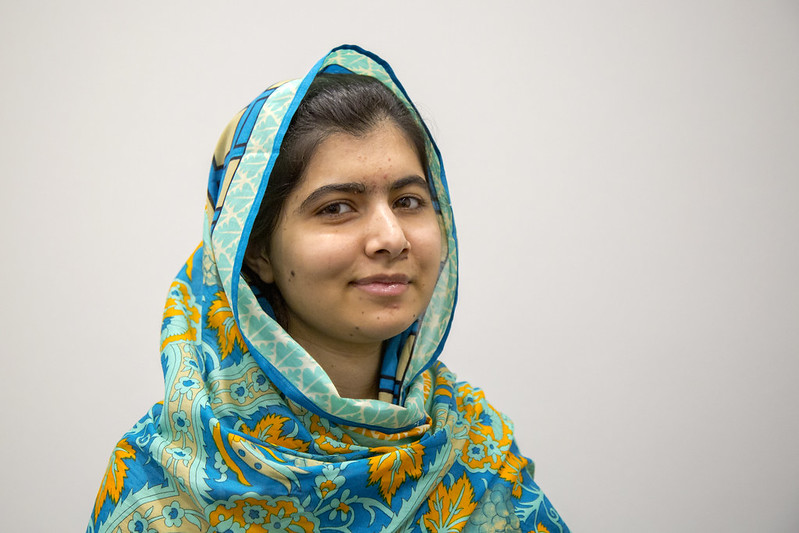
Trigger warning: violence and misogyny.
Since 2021, and even more notably over the past few months, you might have seen the phrase that “a squirrel has more rights than a girl in Afghanistan” used on social media. The fact that so many individuals won’t even question the statement and will simply go along with it like it’s a common fact instead of a global emergency, shows the key aspect of the issue.
Meryl Streep used the above phrase to elaborate that in a Taliban regime, national parks are more protected than women. In fact parks are closed for any women to attend. The actress followed up by stating that “a bird may sing in Kabul, but a girl or a woman, may not”- in fact, this is the reality for women in Afghanistan.
…”a bird may sing in Kabul, but a girl or a woman, may not”- in fact, this is the reality for women in Afghanistan.
UN Women, among many global peace organisations over the past 20 years, has named Afghanistan the most dangerous country for women in the world, calling it a “gender apartheid”. Whilst organisations have called for the world to act, very little has changed.
The human rights activist Malala Yousafzai has recently spoken out about this, concluding that “the future looks very dark for [woman in Afghanistan]”. She emphasises that the women whose rights are taken away will only continue to show resistance, and that the world should recognise this.
Her voice is especially powerful given the context of Malala was shot by the Taliban– across the border, in her own country of Pakistan, for advocating for increased education for girls. The more people of influence who speak out, the more inclined powerful institutions will be to act.
Since the beginning of the Taliban regime, and even years before that, women have been banned from nearly every public institution there is – schools and universities, parks, bathhouses, and most workplaces. Very little alternative has been provided since these bans and, consequently, women are left with less education, no access to their own money, and most importantly – more isolation.
…women have been banned from nearly every public institution there is – schools and universities, parks, bathhouses, and most workplaces.
There is almost no way of concluding that women have any significant means of expressing themselves in Afghanistan. They are required to cover their faces, their bodies, their interests – it’s all blank. Organisations such as Amnesty International have called for a general human rights intervention in the Afghan borders since the Taliban’s takeover in 2021 and have pointed out the issues for woman in particular, pointing to child marriage, sexual abuse, denial of education and torture. It is shocking that no global superpowers have intervened in this.
With America’s military and humanitarian withdrawal from the country in 2021, condoning any insider action has been increasingly difficult – but women continue to fight. As much as they can, anyway, which, unfortunately, continues to be very little. However, unity comes from within for Afghan women, as they continue to push for increased global interference.
Malala and Jennifer Lawrence have recently collaborated on a documentary – Bread & Roses – about female resistance in Afghanistan, and I urge all readers to consider watching it – it conveys an incredibly personal and touching message for anyone, regardless of your knowledge on the issue. With where the world, and not just Afghanistan, is currently heading, increased knowledge and advocacy for female rights is becoming increasingly significant.


